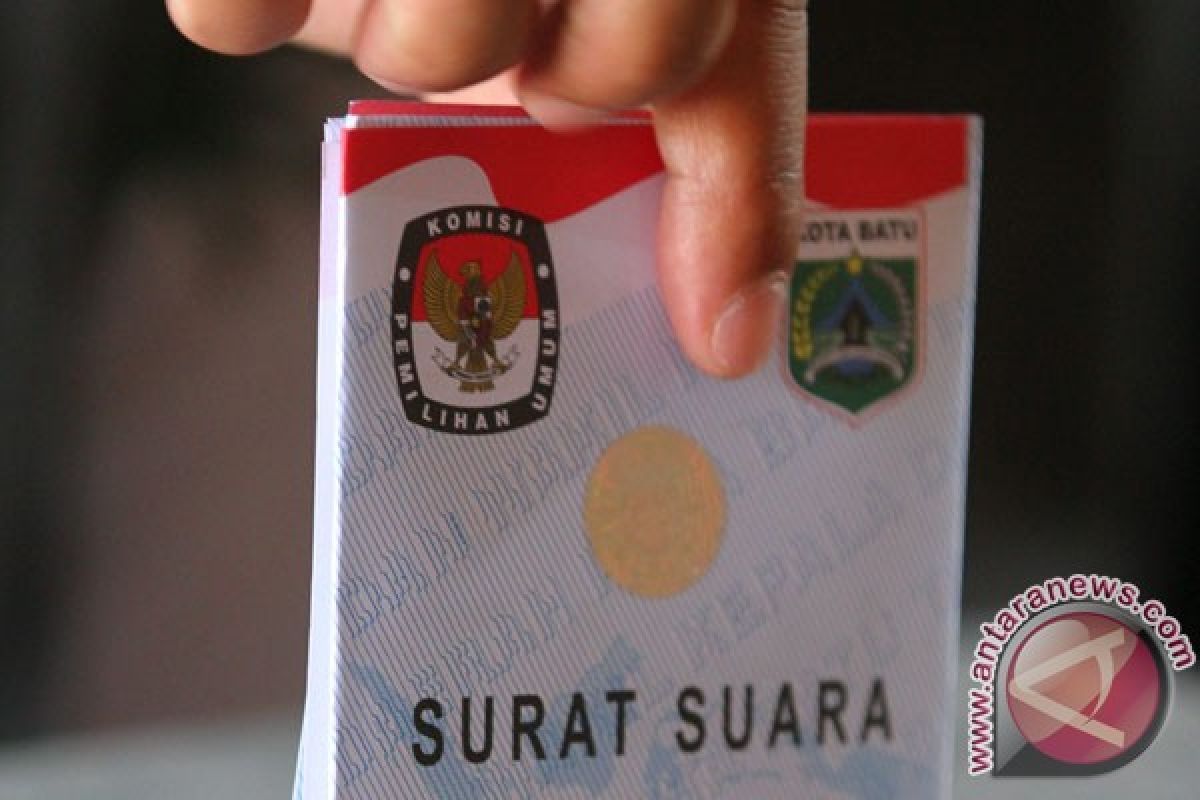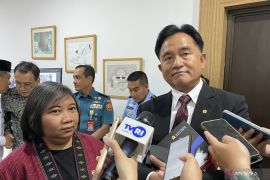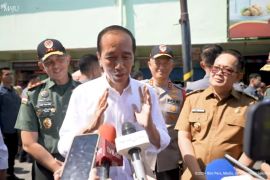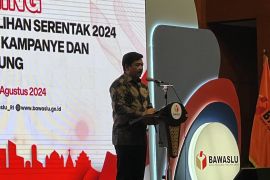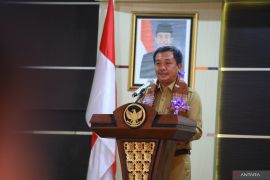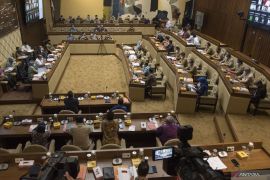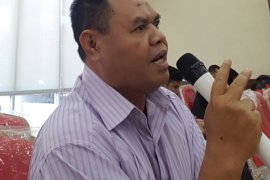The parliamentary elections was the largest and most complicated single-day poll in the world, with more than 185.8 million voters spread across thousands of islands registered to vote in over than 545 thousand polling stations.
Three months later, Indonesia, the worlds third largest democracy following India and the United States, held a presidential election, which turned out to be its first ever head-to-head presidential race that showed a countrywide divide.
With the nation having successfully elected new legislators and its president, another major series of elections is now in the offing---the simultaneous elections of regional heads (pilkada) such as governors, district heads and mayors in over 300 districts/cities in eight provinces throughout Indonesia.
Chairman of the General Elections Commission (KPU) Husni Kamil Manik had earlier said that the commission was considering the proposal to simultaneously organize the local elections in October 2015.
But the KPU later suggested that the next simultaneous regional head elections be postponed to early 2016.
The implementation of the local elections will be financed by funds from the state budget.
"We have been making preparations for the implementation of the regional elections, while at the same time, we are waiting for a new regulation to be approved," he stated.
In early September 2014, the then home affairs minister Gamawan Fauzi noted that some 214 districts and provinces in Indonesia were scheduled to hold local elections in 2015.
"Hopefully, the elections will run smoothly and provinces and districts will be led by capable leaders," Fauzi had remarked.
However, according to the government regulation in lieu of law (perppu) number 1/2014 on direct elections of regional heads, issued by former president Susilo Bambang Yudhoyono before his tenure ended in October 2014, the simultaneous regional head elections were scheduled to be held in December 2015.
The perppu recommended the annulment of the regional elections law (UU Pilkada), which gave regional legislative assemblies (DPRDs) the authority to elect regional leaders and discontinue direct elections by the people.
However, the perppu has yet to be approved by the House of Representatives (DPR). So the decision on whether regional head elections will be held by DPRDs or directly by the people will depend on the perppus fate in the parliament.
As the government has changed, new Home Affairs Minister Tjahjo Kumolo hailed the KPUs suggestion to postpone the simultaneous pilkada from 2015 to 2016.
Kumolo believed it would be better for the country to have a two-year interval between general elections. With one having been held in 2014, the next round of elections should be held in early 2016.
"The next general elections will be in 2019, while the simultaneous regional head elections will be in 2016," Kumolo, who is a senior politician of the Indonesian Democratic Party of Struggle (PDI), noted in a text message on December 23.
The new minister added that the local elections needed to be postponed because the number of regions that will hold them will increase from 204 districts/cities to 304 and from eight provinces to 10. The number increased significantly from the 214 regions mentioned earlier by the former home affairs minister in September 2014.
According to data from early 2014, Indonesia has 34 provinces, 420 districts and 94 cities. A province is headed by a governor, a district by a district head, and a city by a mayor.
If given adequate time to prepare, the KPU, as the executor of regional head elections, will be able to implement and consolidate the elections better, the minister explained.
The entire process of the simultaneous regional head elections will include the campaign period, the voting day, and the inauguration of the elected regional heads.
"Simultaneous regional head elections do not mean the final polling day alone, but also include the simultaneous inaugurations of new regional heads. If the KPU finds it impossible, we can amend the government regulation in lieu of law concerned and the elections can be postponed to 2016," Director General of Regional Autonomy of the Home Affairs Ministry Djohermansyah Djohan said recently.
The amendment can be made if the DPR agrees to pass perppu number 1/2014 related to the elections of governors, district heads and mayors into a law, Djohan stated after attending a coordinating meeting of the KPU.
Furthermore, KPU Commissioner Ida Budhiati supports the idea to postpone the regional head elections so there is ample time to make better preparations to select candidates and conduct the local elections.
However, the regulation only considers simultaneous single-round polling day and does not mention a second-round polling day or an inauguration day, which might take longer if any dispute arises.
The plan to postpone the local elections was also hailed by Melkior Wara Mas, a data and information analyst of the Indonesian Youths Association.
He explained that it will give constituents a chance to learn about the importance of the elections.
"In essence, it is important for the government to maintain institutional values and public trust amid social changes and developments within society. The government needs to impart knowledge about the simultaneous regional elections to the constituents," Mas stated.
He added that increasing public participation and improving the understanding and knowledge of the constituents would reduce, or prevent, risks such as social conflicts and the emergence of money politics.
"The move to postpone the simultaneous regional head elections should ensure concrete benefits to all parties involved, particularly the people," the analyst noted.
In addition, a survey by Lembaga Survei Indonesia (LSI) showed that 84.1 percent of Indonesians prefer direct elections of regional leaders, with only 5.8 percent wanting the elections to be held by DPRDs.
Under the new Indonesian law passed recently by the DPR, regional leaders, including provincial governors, district heads and city mayors, are to be elected by DPRDs.
However, before stepping down from power, former president Susilo Bambang Yuhotono issued perppu number 1/2014 for the annulment of the new law to maintain a system of direct elections by the people.
The debate on the perppu will be held in January, with the majority of the DPR factions having assured their willingness to opt for direct elections.
(T.F001/INE/KR-BSR/B003)
Reporter: Fardah
Editor: Priyambodo RH
Copyright © ANTARA 2014
